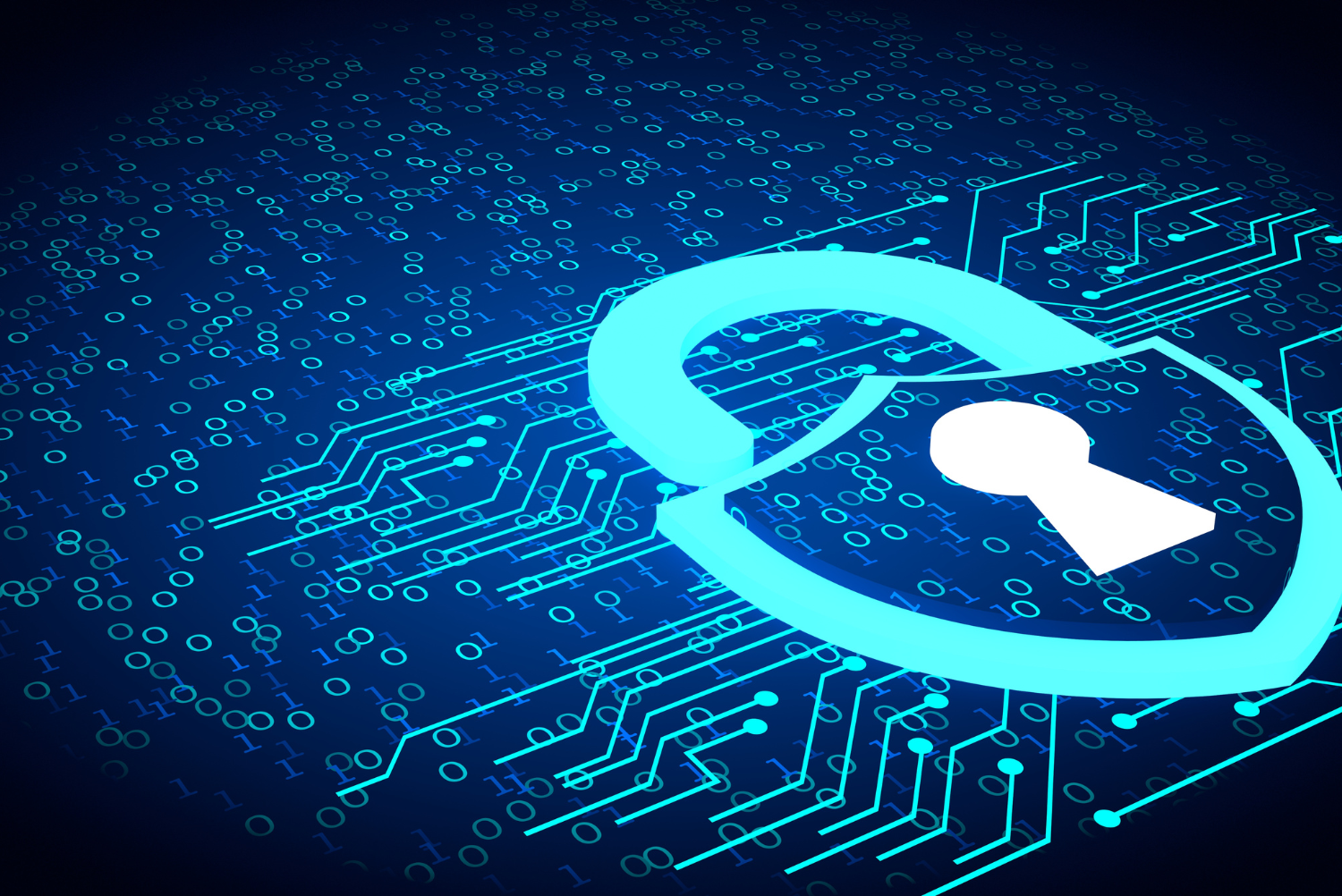When technology fails, who do you call? Your first answer is likely to be IT – but knowing whether that means contacting your IT help desk or IT support team makes a big difference. Many people use these terms interchangeably, but that can lead to confusion and impact efficiency as these two teams have very different skillsets. Understanding the difference means you will get the right support quickly, which will save time and keep your business running efficiently.
What Is An IT Help Desk?
The IT help desk is your first line of defense when technical issues arise. It’s designed to quickly address the day-to-day IT problems that disrupt your team’s productivity. The idea is to help your employees get back to work with minimal downtime. Your helpdesk will typically:
- Handle routine issues such as password resets, software installation and minor hardware problems
- Use a ticketing system to track and prioritise requests
- Focus on quick resolutions to help employees stay productive
- Escalate more complex problems to IT support
- React to issues as they arise rather than preventing them in the first instance
In short, the help desk is your company’s tech support pit crew – they’re on hand to solve small technical hiccups to keep your business running smoothly.
What Is IT Support?
IT support takes a broader, long-term approach to IT infrastructure. They are the experts who keep the overall IT infrastructure running smoothly, ensuring your systems are secure, efficient and future-proof. They will typically:
- Manage complex IT challenges, such as network security and data recovery
- Provide specialised expertise in areas like cyber security, cloud services and IT strategy
- Monitor systems proactively to detect and prevent issues
- Implement long-term IT solutions to for business growth
- Act reactively and proactively, balancing troubleshooting with preventative measures
Where the help desk deals with quick fixes, IT support ensures the health and longevity of your business’ entire IT ecosystem.
Help Desk vs Support: The Key Differences
Both teams are essential, but they serve different purposes. The help desk resolves everyday issues like password resets and software glitches, while IT support tackles complex challenges like cyber security and system maintenance. Knowing when to contact each ensures a more efficient and secure tech environment.
Why It Matters
Knowing when to contact either the help desk or IT support can have a huge impact on your business’ productivity, security and overall IT performance. Understanding the difference between the two means:
- Faster issue resolution – by contacting the right team at the right time, problems get solved faster, reducing costly downtime
- Better resource allocation – routine issues don’t take up the time of more specialised IT professionals
- Stronger cyber security – a proactive IT support team can detect and prevent potential cyber threats before they cause any harm
- Strategic IT planning – IT support ensures your technology can grow with your business, keeping systems efficient and aligned with future goals
Make the Most of Your IT Support
To ensure your technology continues to support your business, rather than hinder it, it’s important to have both a reliable IT help desk and an experienced IT support team. With the right setup, your help desk can handle the day-to-day tech issues, allowing your IT support team to focus on optimising your infrastructure, preventing future problems and implementing long-term strategies.
By understanding the difference between the two roles, you can better allocate resources and avoid costly mistakes, like wasting time on issues that could have been easily handled by the help desk or overlook potential threats that require IT support’s expertise. Ultimately, both teams are essential to your business’ tech health – but only if you use them correctly!
If you’re looking to optimise your IT strategy, outsourcing your IT support can be the solution. By doing so, your help desk can stay focused on handling day-to-day technical issues, while your dedicated IT support team provides specialised expertise remotely. Contact us today to find out more.







